Beijing Family in Love with Environmental Protection
Usually, environmental protection sounds like a big issue, but the family of Ouyang Xiangping has turned it into a normal routine that can be learned and followed every day, making it an interesting and smart way of life.
In Beijing, the average rate of water consumption for residents is 110 liters a day, which means that a family of four will use around 13,200 liters of water per month. The family of Ouyang Xiangping, who live in the Fangshan District of the capital, however, consume only 5,000 liters each month — more than 60 percent less than the average household. How do they do it?
"Before, we were already using some wastewater to flush the toilet, mainly for the purpose of saving resources. When I renovated my apartment, I had the idea of reconstructing the water pipe to collect all the wastewater and use it to flush the toilet," said Ouyang.
With her idea, Ouyang designed a domestic water circulation system and renovated the water pipes accordingly. The system was put into use at the end of 2013 and cut water use by more than 30 percent in the first month.
Feeling a small sense of achievement, Ouyang decided to continue the environmental protection renovations, but the decision was challenged by her son. "A ton of water will not cost too much; is it worth making such a big change?"
Asked why she put great efforts into saving water, Ouyang explained, "We do have money for water use, but Beijing is a city that suffers from extreme water shortage. If we have no more water, what's the use of more money? It's not a matter of saving money, but of saving our valuable natural resources and energy."
In order to implement the concept of low-carbon and environmental protection, Ouyang has taken on board various everyday tips. The family began by changing their habits of using electricity, including pulling plugs out immediately after use and using wall sockets that have a switch. After nearly two months, the monthly power consumption of the family was reduced from more than 200 kilowatt-hours to 135 kilowatt-hours, a saving of up to 30 percent.
In addition, Ouyang paid attention to every detail of environmental protection in her daily life. She used green shopping bags instead of disposable plastic garbage bags; made natural fruit enzymes for doing the laundry, washing dishes and bathing; collected rainwater to water flowers; used the solar water heater; changed old clothes into hats; raised fish and planted lotuses in an old bathtub; and made flowerpots out of used tires.
Apart from always practicing eco-protection in her family, Ouyang also volunteered to share her experience in communities, schools and enterprises. She believes that as individual strength is small, the success of environmental protection requires more people's efforts.
"A low-carbon life can be realized by many small things. The key is to have more people work on it and think of it as everyone's responsibility. Only when everyone takes action can we have the clear water and blue skies back again," she said.
In 2015, at the UN Climate Change Conference in Paris, the Ouyang family was specially promoted as an example of a case whereby a household's kitchen waste was reduced to zero.
Ouyang's persistence has deeply affected her family. Ouyang said all her family members have developed the habit of conserving energy and protecting the environment over the past eight years because of their low-carbon, eco-friendly actions.
"Now, it is quite natural for my son to turn off the faucet and power supply. He also helps classify garbage and leaves the peel and kernels for me to make enzymes," she said. Ouyang's family members sometimes discuss the content of environmental protection courses together, and Ouyang's son helped her proofread a low-carbon brochure as well as participated in different public welfare activities. Ouyang's parents are also firm supporters. They not only keep practicing the concept of living a low-carbon and eco-friendly life, but share the persistent practice of environmental protection among their older friends.
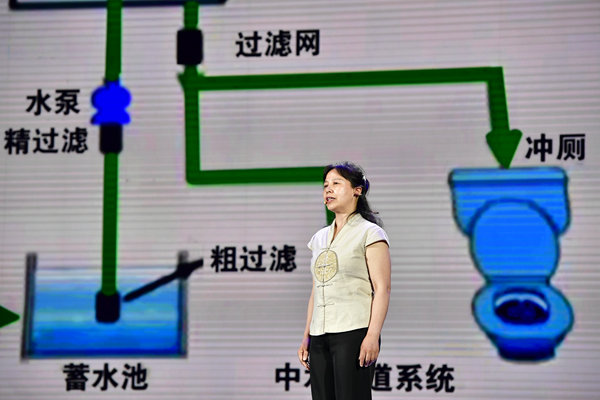 |
| Ouyang Xiangping introduces the domestic water circulation system of her family during an activity. [Women of China/Fan Wenjun] |
(Women of China)
Please understand that womenofchina.cn,a non-profit, information-communication website, cannot reach every writer before using articles and images. For copyright issues, please contact us by emailing: website@womenofchina.cn. The articles published and opinions expressed on this website represent the opinions of writers and are not necessarily shared by womenofchina.cn.

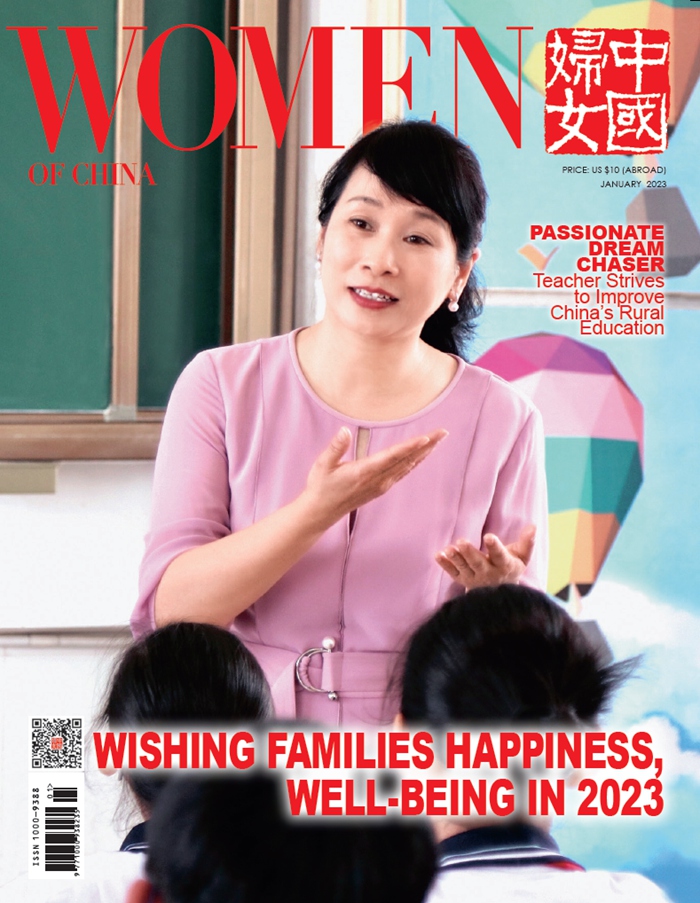

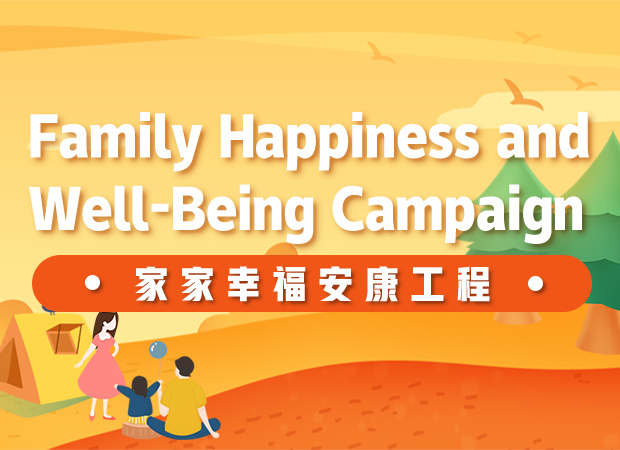
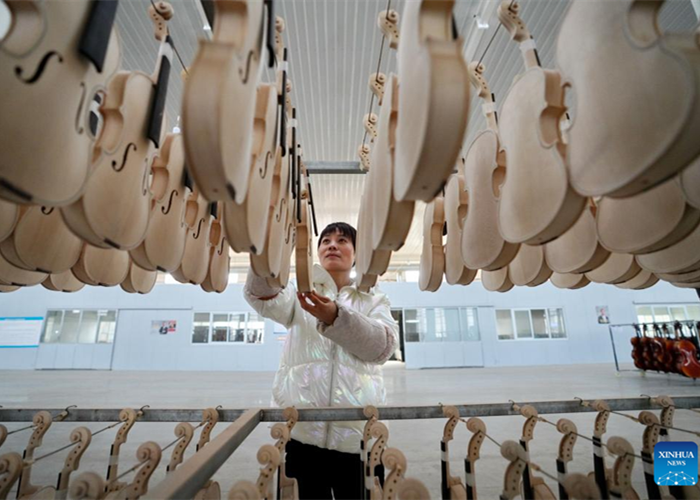
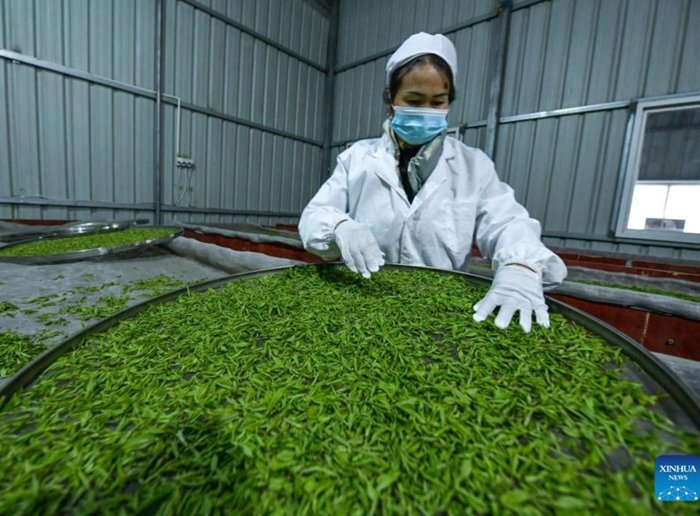


 WeChat
WeChat Weibo
Weibo 京公网安备 11010102004314号
京公网安备 11010102004314号